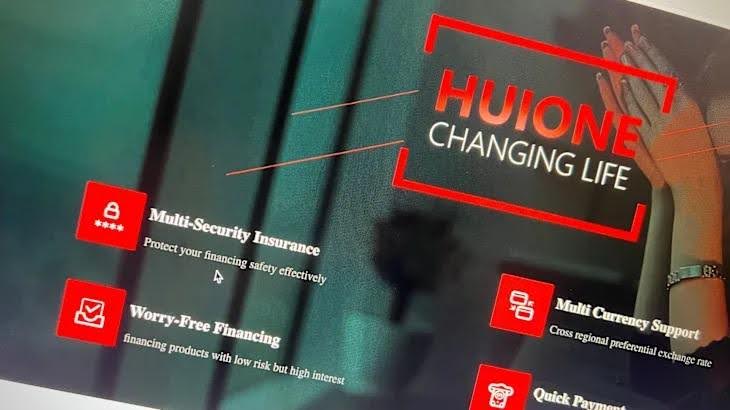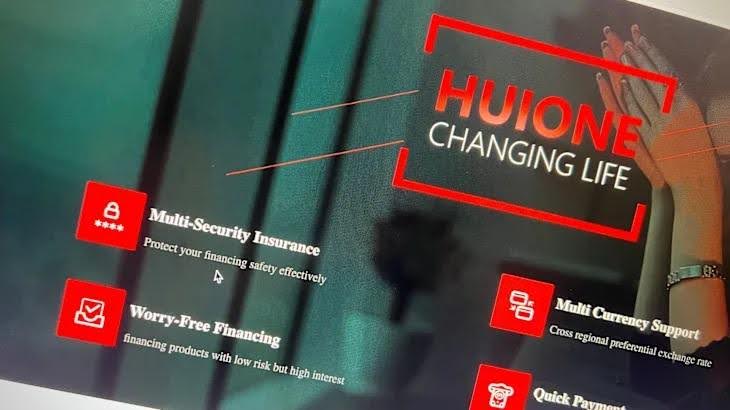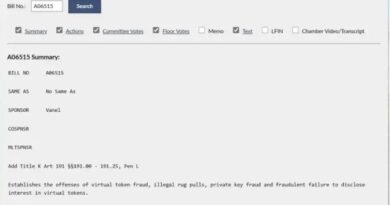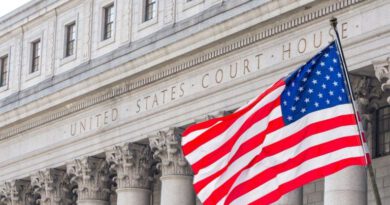U.S. Moves to Cut Off Cambodia’s Huione Group from Crypto-Fueled Financial Crimes
Key Takeaways:
- FinCEN designates Cambodia-based Huione Group as a primary money laundering concern.
- Huione is accused of enabling North Korean hackers and major crypto scams like pig butchering.
- The U.S. proposes banning financial institutions from working with Huione to block illicit crypto flows.
The U.S. Treasury’s Financial Crimes Enforcement Network (FinCEN) is taking unprecedented steps to sever Huione Group, a Cambodia-based financial entity, from the U.S. financial system. The move comes amid mounting evidence of Huione’s critical role in laundering billions in cryptocurrency, often linked to North Korean hackers and transnational scam networks.
Read More: Landmark Legislation to Target Crypto Fraud in New York State

FinCEN Invokes Section 311 Against Huione Group
FinCEN published a notice of proposed rulemaking under Section 311 of the USA PATRIOT Act on May 1, 2025, designating Huione Group as a main money laundering issue. The designation allows the U.S. to deny Huione access to payable-through and correspondent accounts in the U.S., so isolating the group from international banking systems.
According to FinCEN’s investigation, Huione has laundered over $4 billion in illicit funds between August 2021 and January 2025. This includes:
- $37 million in crypto assets from North Korean cyber heists
- $36 million from crypto investment scams
- $300 million from other cyber-related fraud schemes
The action aims to dismantle a financial hub that, as Treasury Secretary Scott Bessent described, has become “the marketplace of choice for malicious cyber actors like the DPRK and criminal syndicates.”
How Huione Facilitates Crypto Crime
A Network Designed for Laundering Digital Assets
FinCEN’s findings reveal that Huione Group comprises multiple interlinked entities, each serving a unique role in facilitating cybercrime:
- Huione Pay PLC – a fiat and crypto payment platform
- Huione Crypto – a virtual asset service provider (VASP)
- Haowang Guarantee – an online marketplace offering tools and services tailored for cyber scams
Together, these entities provide end-to-end services for criminals seeking to wash dirty crypto. Their offerings include everything from counterfeit documentation to real-time money transfers—perfectly suited for laundering proceeds from cyber heists and romance-based crypto scams, commonly known as “pig butchering.”
Read More: Senator Durbin Introduces New Bill to Combat Crypto ATM Fraud
North Korea’s Role in the Crypto Laundering Ecosystem
Ties to Lazarus Group and State-Sponsored Heists
Huione’s links to North Korea’s Lazarus Group are particularly alarming to U.S. officials. Lazarus has been accused of stealing billions in cryptocurrency to fund the DPRK’s weapons and cyber programs. FinCEN reports show Huione received over $150,000 in crypto from a wallet associated with Lazarus as recently as last year.
This connection is not just circumstantial. Elliptic, a blockchain analytics firm, estimates that Huione has facilitated up to $24 billion in suspicious transactions—much of it involving wallets tied to sanctioned entities.
Stablecoin and Regulatory Evasion
In a troubling development, Huione has launched its own stablecoin, further complicating efforts to trace illicit funds. FinCEN notes that the stablecoin, whose usage remains opaque, likely enables faster and more anonymous laundering of proceeds across borders.
The Huione Group’s services lack basic regulatory safeguards. None of its components had implemented or published anti-money laundering (AML) or know your customer (KYC) protocols. The organization even acknowledged its internal failures, admitting it did not detect DPRK-linked transactions within its own network.
The Implications for Crypto and Global Enforcement
This proposed action underscores growing U.S. efforts to crack down on cryptocurrency’s abuse by state-sponsored actors and criminal syndicates. It also signals a more aggressive stance in leveraging Section 311 powers, once reserved for traditional banking institutions, to target digital asset platforms and VASPs.

If finalized, the rule will prohibit U.S. banks from engaging in any relationship with Huione, including indirect dealings via intermediaries. This move could also prompt allied countries to take similar action, amplifying the financial isolation of Huione and its clients.
For crypto investors and institutions, the message is clear: regulatory agencies are no longer treating crypto-specific crimes as niche or low-priority. Any entity—even outside the U.S.—that facilitates crypto laundering risks being cut off from the global financial system.
What Comes Next
FinCEN’s proposal is currently open for public comment. If enacted, it will mark one of the most sweeping crypto enforcement actions since the closure of mixers like Tornado Cash and Blender.io. While Huione’s core user base may be beyond U.S. jurisdiction, its reliance on U.S. dollar liquidity and international correspondent banking leaves it vulnerable.
Ultimately, this action is not just about punishing Huione. It’s about signaling a broader shift toward proactive, preemptive crypto regulation, especially where digital assets intersect with geopolitical threats and large-scale fraud.
The post U.S. Moves to Cut Off Cambodia’s Huione Group from Crypto-Fueled Financial Crimes appeared first on CryptoNinjas.
CryptoNinjas






















